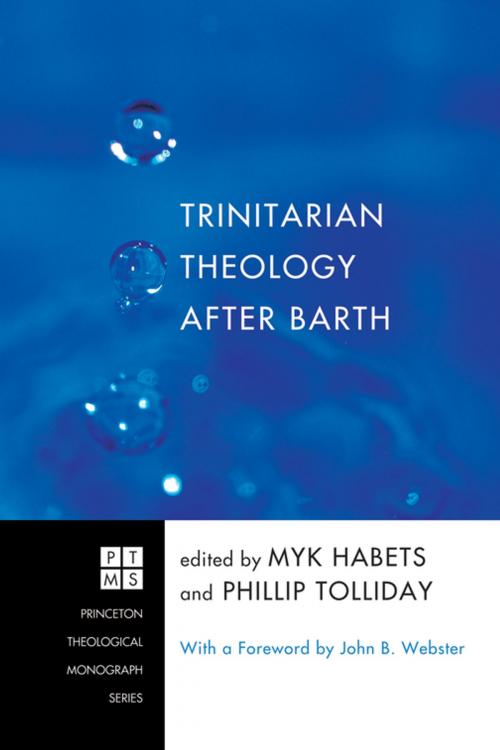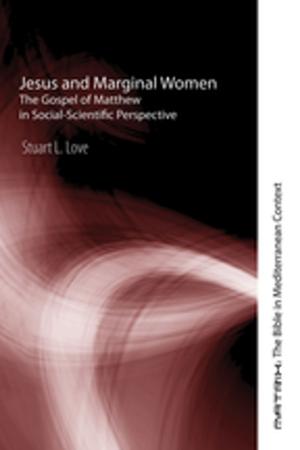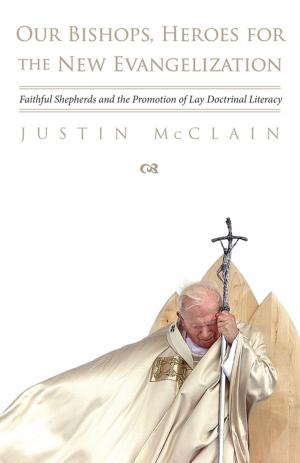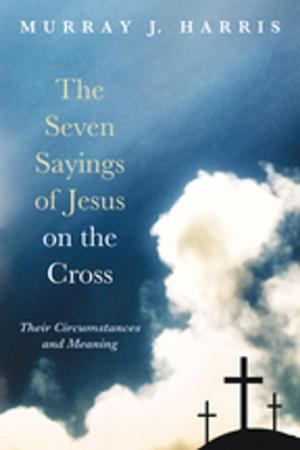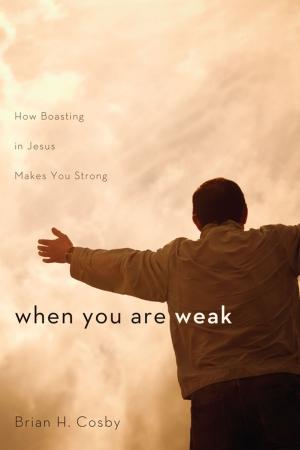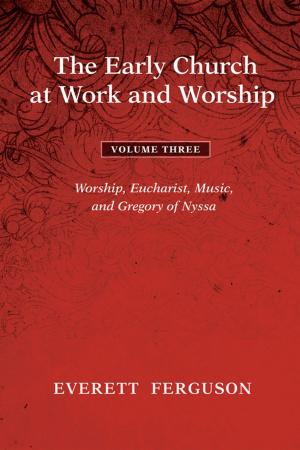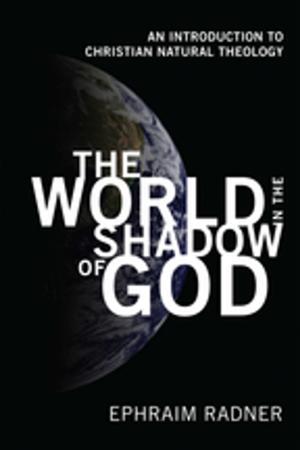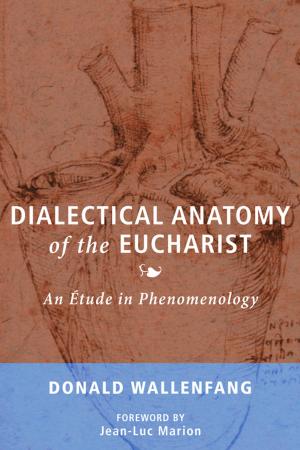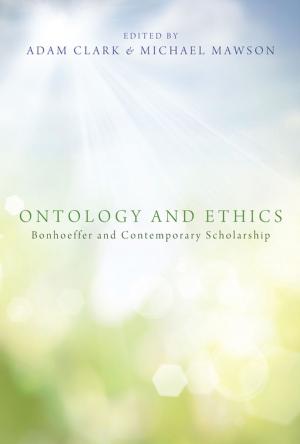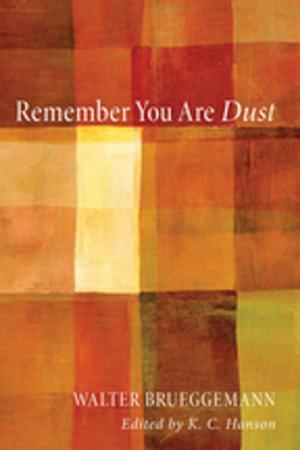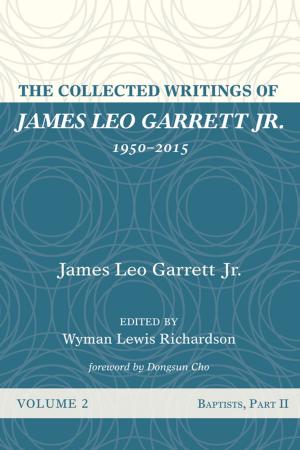| Author: | ISBN: | 9781498276498 | |
| Publisher: | Wipf and Stock Publishers | Publication: | January 1, 2011 |
| Imprint: | Pickwick Publications | Language: | English |
| Author: | |
| ISBN: | 9781498276498 |
| Publisher: | Wipf and Stock Publishers |
| Publication: | January 1, 2011 |
| Imprint: | Pickwick Publications |
| Language: | English |
The most outstanding theological thinker of the twentieth century is proving to be the most pivotal theological figure of the twenty-first century as well. It is no wonder some have referred to Karl Barth as a "Father" of the Church. Karl Barth, widely acknowledged as the most influential theologian of the modern era, continues to provoke and inspire Christian theological reflection in a distinct and enduring way. His work has occasioned appreciation, critique, and rejection, but however one responds to Barth, one must reckon with him in pursuing the theological task. This volume draws together scholars whose essays exhibit work "after Barth" in engaging the doctrine of the Trinity and its related themes. Barth's thought, as evidenced amongst his most expert commentators, allows for a variety of interpretations, the details of which are being hammered out on the pages of academic journals and volumes such as this one. It is this variety of responses to and interpretations of Barth's theology that gives such vibrancy to the essays in this volume by seasoned Barth scholars and voices new to the conversation. Contributors include: Ivor J. Davidson, Bruce L. McCormack, John C. McDowell, Paul D. Molnar, Murray A. Rae, and a Foreword by John B. Webster.
The most outstanding theological thinker of the twentieth century is proving to be the most pivotal theological figure of the twenty-first century as well. It is no wonder some have referred to Karl Barth as a "Father" of the Church. Karl Barth, widely acknowledged as the most influential theologian of the modern era, continues to provoke and inspire Christian theological reflection in a distinct and enduring way. His work has occasioned appreciation, critique, and rejection, but however one responds to Barth, one must reckon with him in pursuing the theological task. This volume draws together scholars whose essays exhibit work "after Barth" in engaging the doctrine of the Trinity and its related themes. Barth's thought, as evidenced amongst his most expert commentators, allows for a variety of interpretations, the details of which are being hammered out on the pages of academic journals and volumes such as this one. It is this variety of responses to and interpretations of Barth's theology that gives such vibrancy to the essays in this volume by seasoned Barth scholars and voices new to the conversation. Contributors include: Ivor J. Davidson, Bruce L. McCormack, John C. McDowell, Paul D. Molnar, Murray A. Rae, and a Foreword by John B. Webster.
